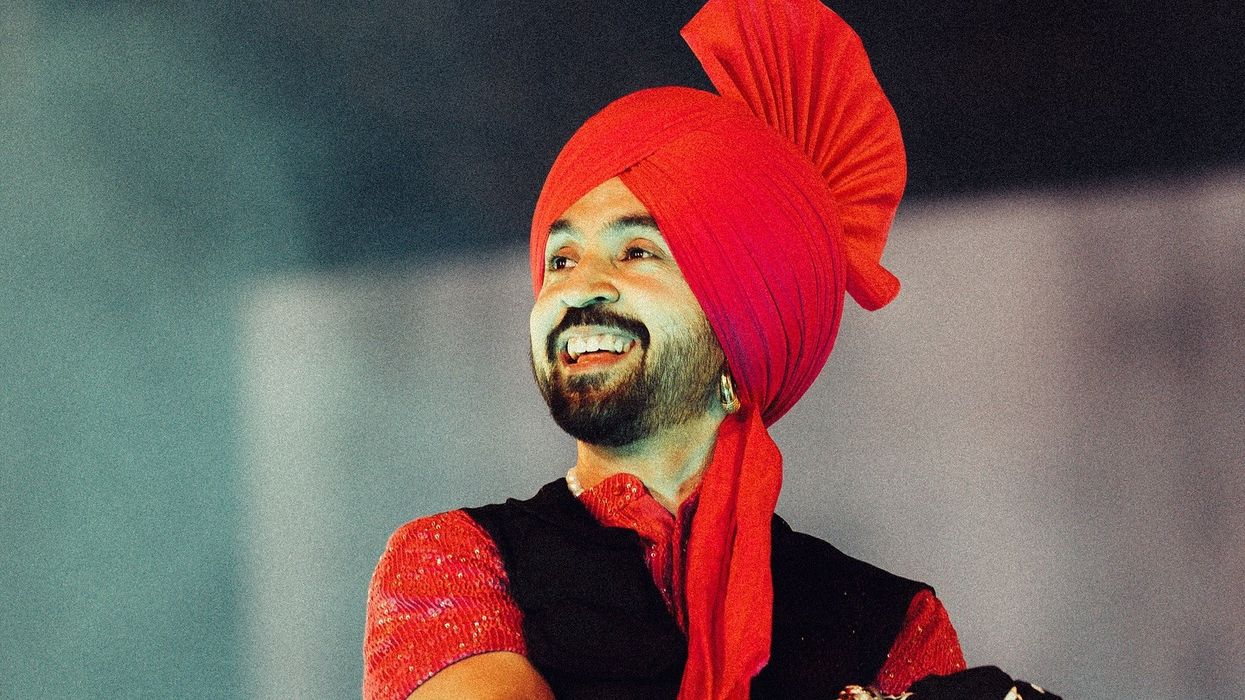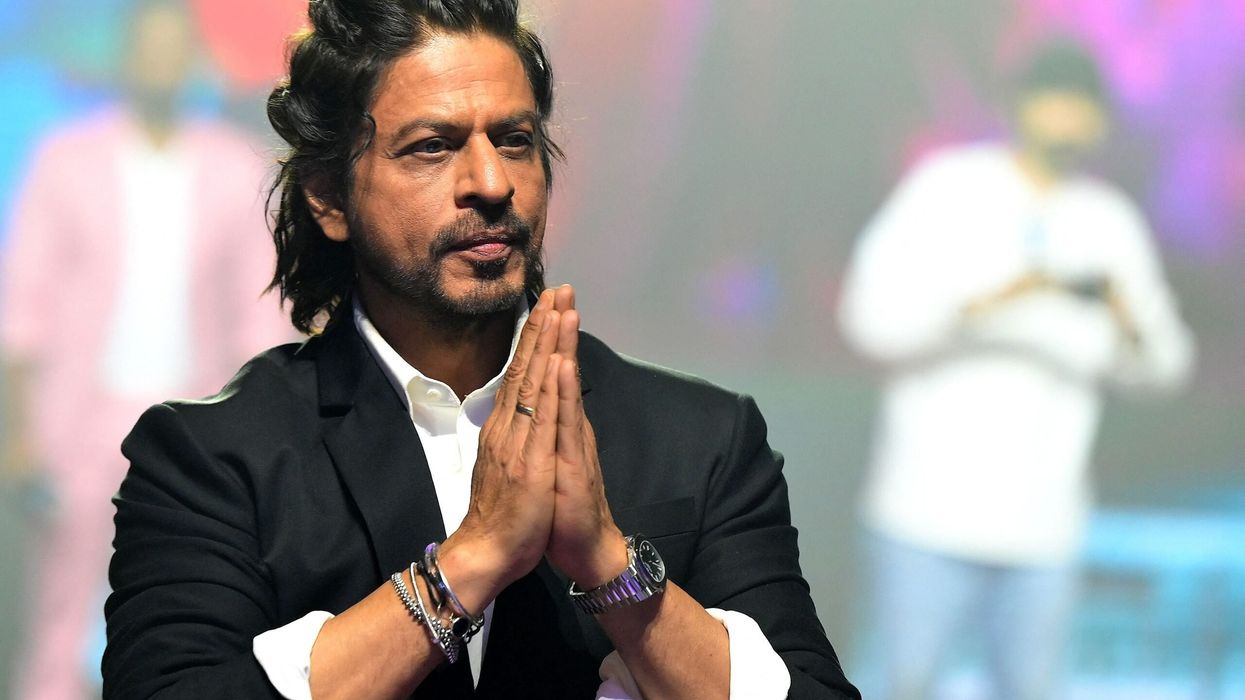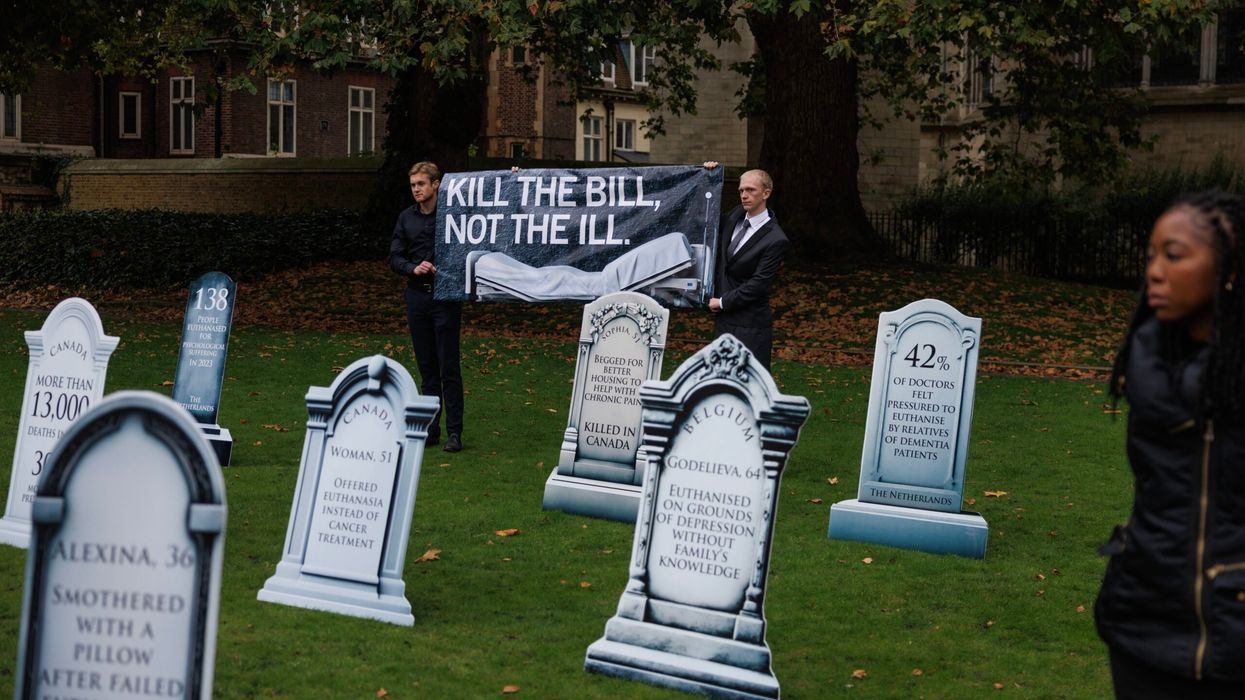By Amit Roy
THE Labour party announced last week that Sir Keir Starmer had “appointed campaigner and Labour peer Doreen Lawrence to the post of race relations adviser and tasked her with leading a review into the impact of coronavirus on black, Asian and minority ethnic (BAME) communities”.
The whole nation has the highest regard and sympathy for Baroness Lawrence, whose 19-year-old son, Stephen, was knifed to death by racist thugs on April 22, 1993.
However, her appointment is baffling. What conclusion can she reach other than that black and Asian deaths from coronavirus have been caused by an institutionally racist government and an uncaring NHS leadership? Perhaps implying on Starmer’s behalf that all would be well if the ethnic minorities – Indians especially – voted in a Labour government next time round?
What I must stress is that none of this is a personal criticism of Doreen Lawrence, a dignified mother who has suffered enough.
Starmer’s plus point is that he is not Jeremy Corbyn. He has won plaudits by making it clear that he does not want to play party politics during a national emergency, and that he will engage constructively with the government. But as a politician who wants to be prime minister, he is bound to say, sooner or later, that Boris Johnson is not fit to be returned to power because he handled the pandemic so poorly.
Baroness Lawrence has already put a socio-economic construction on the causes behind the deaths: “Black, Asian and minority ethnic communities have long been disadvantaged by the social and economic injustice which still exists in our country. There is a clear and tragic pattern emerging of the impact on those communities which must be better understood.”
It is not entirely clear why Starmer wants a separate inquiry when Public Health England and the NHS are already conducting an investigation into the same issue, unless he wants ammunition to use against the government.
The Labour leader said: “It is extremely concerning to see the disproportionate toll coronavirus is taking on our BAME communities. We cannot afford to treat this as an issue to investigate once the crisis is over. We must address it now.”
What is needed is a government educational campaign tailored to the needs of the ethnic minorities.
It is a mistake to lump all the ethnic minorities into one basket. The reason why an Indian businessman in Harrow or Wembley is vulnerable to infection is very different from the one facing a black bus driver, example.
This was pointed out by a consultant psychiatrist in Bristol, Anish Patel, who said that although “the statistical evidence is certainly disturbing”, it would be a mistake to lump all ethnic minorities together.
By inference, he dealt with the fact that Indians, for example, do not form part of the deprived communities whom the Labour party is keen to represent against an allegedly racist government.
Patel pointed out that “even the term BAME is an umbrella category that, for the purposes of data analysis, unsatisfactorily binds together a very disparate and heterogeneous group. For example, a refugee from Myanmar, a new immigrant from Ghana and a third-generation British citizen from Bangladesh could all be said to be of BAME background. Yet in health terms, they probably have nothing in common. And in socio-economic terms, they are also likely to have very different life experiences.”
He said: “Looking forward, it will be highly instructive to observe how the pandemic has advanced through India and the Caribbean, and compare the data to that of our cities with high proportions of immigrant communities.”
Patel seemed to make a very pertinent point about Indians when he added: “Asian households may contain three or even four generations of one family, which increases the risk of inter-generational infection and is especially dangerous for elderly relatives.”
We need top-notch scientists to carry out such inquiries, not race campaigners. Also worth noting is that the Muslim Council of Britain has objected to Sir Trevor Phillips being asked to give “expert support” to Public Health England.
Meanwhile, concern – outrage even – has been expressed about the presence of Johnson’s political hatchet man, Dominic Cummings, at meetings of SAGE, the government’s Scientific Advisory Group for Emergencies. This is seen to have undermined SAGE’s independence.
A government campaign aimed specifically at Asians is the need of the hour. By and large, poverty is not a problem among Indians. They need to be told not only about hand washing but that the risks are greater for those with diabetes, high blood pressure and kidney problems. They also need to be made aware of the risk of infection in joint or extended family relationships.

















